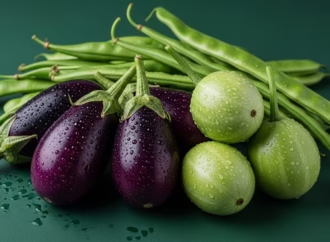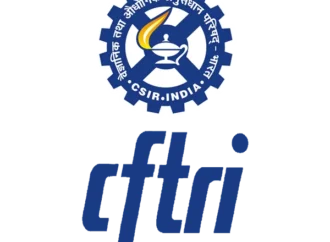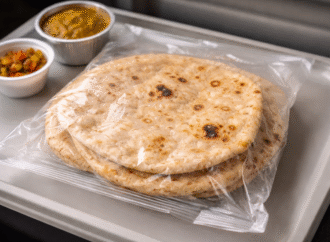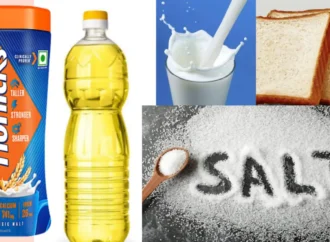Report
The Food Safety and Standards Authority of India (FSSAI) has released a draft notification outlining major proposed amendments to the Food Safety and Standards (Food Products Standards and Food Additives) Regulations, 2011. These 2025 amendment proposals aim to strengthen food safety by updating standards across multiple categories, such as dairy products, drinking water, and food additives, while aligning India’s food regulations with global best practices.
Introduction of Cheese Powder Standards
For the first time, FSSAI has introduced a dedicated standard for cheese powder—a significant step in regulating this rapidly growing segment. Defined as a dried form of cheese or cheese slurry, the product must be white or light cream, free of hard lumps, and contain at least 40% milk fat (dry basis), no more than 5% moisture, and up to 5.5% added salt. The draft also specifies permitted ingredients and additives, along with hygiene, testing, and labelling requirements, establishing a clear framework for manufacturers.
Purified Drinking Water Faces Stricter Standards
FSSAI proposes a comprehensive overhaul of the quality standards for packaged drinking water, focusing on health, safety, and contaminant control. The updated norms introduce stricter microbiological thresholds, including a requirement that E. coli and total coliform bacteria must be absent in 100 ml samples. Additionally, the regulations cap borates at 2.4 mg/l and set limits for radioactive residues and a wide array of pesticide residues. Detailed physical and organoleptic parameters further ensure water safety and consumer satisfaction.
No Additives Allowed in Common Flours
To maintain the purity of staple foods, the draft regulations ban the use of any food additives in several flour types, including atta, rice flour (even when used for fortified rice kernels), millet flour, and mixed millet flour. This restriction underscores the authority’s commitment to preserving the nutritional integrity of these essential components of the Indian diet.
Meat and Fish Categorised Separately
The FSSAI has refined the definition of “animal” in the context of meat and meat products by removing the phrase “and fish.” This change suggests a move toward separate categorisation and regulatory pathways for fish and fish-based products, enabling clearer and more specific food safety guidelines for each category.
Ghee Gets a Fatty Acid Update
The draft introduces revised limits for the fatty acid composition in ghee, aligning the standards with updated health and nutrition guidelines. These changes aim to ensure better quality control and clarity for both producers and consumers.
New Additive Approved for Sauces and Gravies
FSSAI has approved the use of sucrose esters of fatty acids (INS 473) as a food additive in mixes for sauces and gravies, permitting usage up to 10,000 mg/kg. Known for its emulsifying properties, this additive helps improve the texture and shelf life of processed sauces without compromising safety.
Public Feedback Invited Until August 5
FSSAI invites objections and suggestions on the draft regulations from all stakeholders by August 5, 2025. Feedback can be sent to the Chief Executive Officer at FDA Bhawan, Kotla Road, New Delhi–110002, or via email at regulation@fssai.gov.in.
These comprehensive amendments mark an important step in modernising India’s food safety regulations to meet evolving consumer expectations and industry practices. The FSSAI’s call for public consultation ensures that manufacturers, nutrition experts, consumers, and advocacy groups can actively participate in shaping the country’s food safety landscape.
Source: Legally Simplified
 Food Manifest
Food Manifest 


















